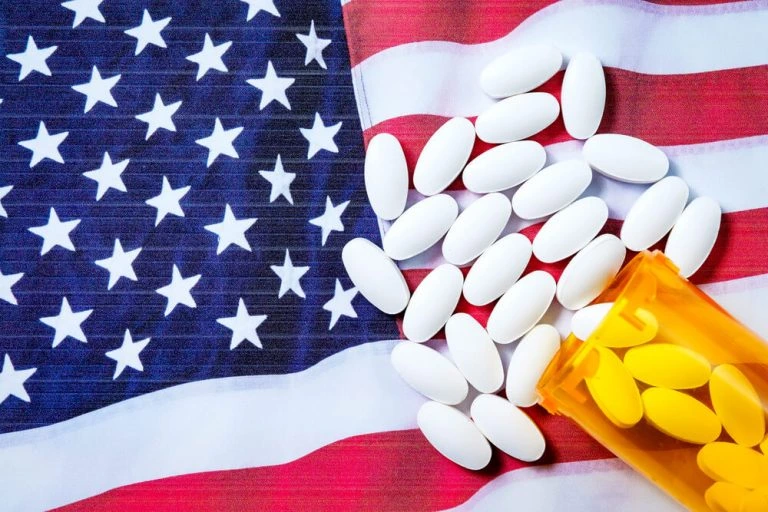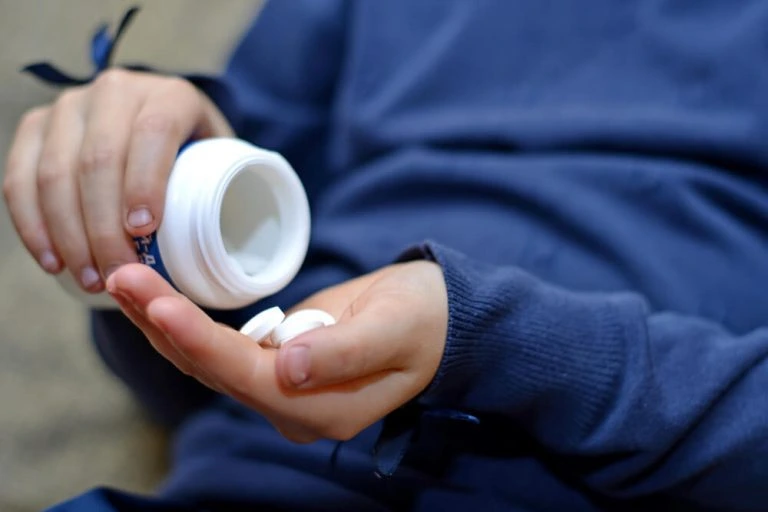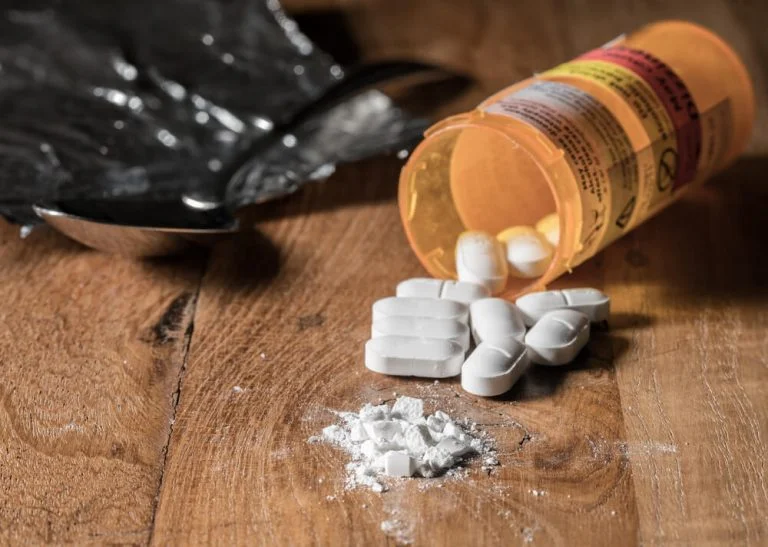How Is Opioid Dependence Treated?
Opioid dependence is caused by changes in the brain and results in a chronic medical condition. The behaviors that accompany addiction lead many people to mistakenly believe it is a moral issue. Once a person becomes addicted, the road to recovery is a long-term process. How is opioid dependence treated to help people regain their independence from this deadly drug?

How Is Opioid Dependence Treated To Obtain Long-Term Recovery?
How Is Opioid Dependence Treated?
Before entering an addiction treatment center, you may ask, “How is opioid dependence treated?” The first step is detox, which is completed under medical and psychiatric care. Since no two people react exactly the same, patients are monitored throughout the detox process. You may receive medications to help ease the effect of the withdrawal symptoms, which can cause considerable discomfort. Many people become dependent on opioids before they realize the drug has a hold on them. You may receive a prescription for a pain killer containing morphine or codeine following surgery, a severe injury, or to deal with chronic pain.
As your body becomes used to the dosage of your medication, it isn’t as effective unless the amount you take is increased. Your body is becoming dependent and will keep requiring greater amounts to obtain the same relief. If this is happening to you, it’s a warning that you need help to rid your body of this drug before it becomes a serious health issue. If you attempt to cut back your use, you will experience withdrawal symptoms including the following:
- Anxiety
- Chills
- Diarrhea
- Muscle pain and cramping
- Nausea and/or vomiting
- Runny nose
- Yawning
It’s important to get treatment for opioid dependence because of its associated risks. If you don’t seek treatment, you may become addicted to opioids. Addiction can result in health problems affecting the heart and respiratory system. You are also at greater risk of abusing other drugs such as heroin. Addiction leads to dangerous behaviors that can result in overdose, violence, or thoughts of suicide. Contacting Better Addiction Care will connect you to an addiction specialist and counselor who will help you select the addiction treatment facility that best matches your needs.
Opioid Addiction Treatment Medications
Cravings and withdrawal are challenges to overcoming opioid dependence. There are medications that can help reduce those symptoms and help you focus on your recovery. Many chronic diseases, such as asthma or diabetes, require the patient to take medication to control the symptoms. During inpatient rehab, you may receive one or more opioid addiction treatment medications depending on the personal assessment conducted by your doctor and other professionals.
When medications are properly used they will not lead to a new dependency or addiction. Some of the opioid addiction treatment medications used to treat dependency include Suboxone, Vivitrol, buprenorphine, buprenorphine/naloxone, and naltrexone. These and other medications are designed to help you through rehab with few cravings and side effects, which allows you to concentrate on your therapy and recovery.
Opiate Addiction Treatment Options
The most effective opiate addiction treatment options are offered in facilities which do a full physical and psychological evaluation in order to design the most effective individualized treatment plan for each patient. Better Addiction Care is a free advisory service that will help you find the best facility to meet your needs or those of a loved one. Opiate addiction treatment options include inpatient detox, inpatient and residential rehab, dual diagnosis, and medical detox. There are facilities that will meet all of the patient’s needs.
If you or a loved one are dependent on opioids, it’s important to act right away. Dependence will not go away without professional treatment and care. Contact Better Addiction Care today, and find out how they can help you get the care you need. Call us today at (800) 429-7690.








